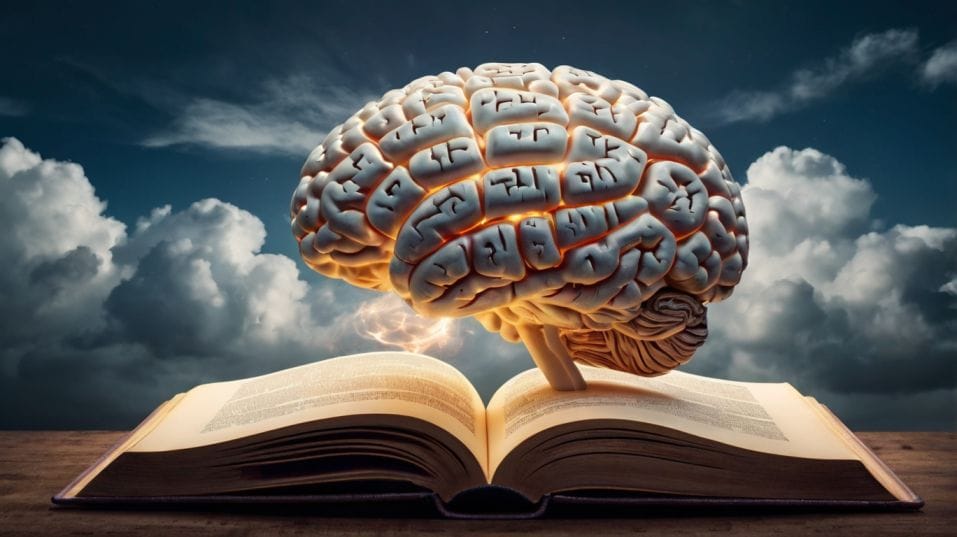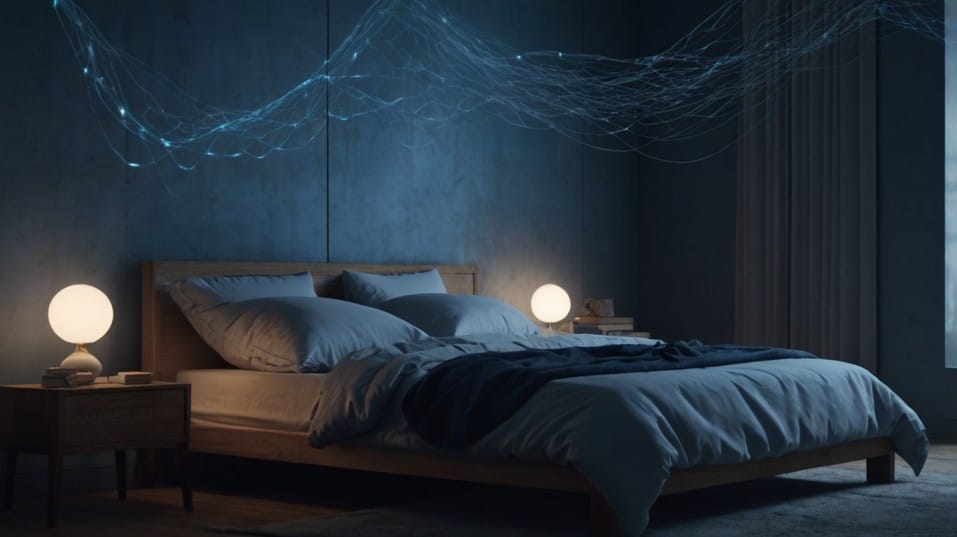Why Your Brain Craves Sleep After Learning Something New
Unlock sharper memory and better performance by learning how sleep transforms new knowledge into long-term brainpower—without extra effort.

Ever notice how your brain crashes after you’ve just learned something new? It’s not burnout—it’s biology. Learning doesn’t end when you close the book or step away from the screen.
Your brain actually finishes the job while you sleep. Skip that step, and your effort fades fast.
But get it right, and you’ll lock in gains, sharpen your thinking, and perform better—without studying harder. The secret? Aligning rest with how your brain really learns.
Learning Isn’t Done When You Stop Studying
Most people treat learning like a download: you read, watch, or repeat until it “sticks.” But here’s the catch—it doesn’t fully stick until you sleep.
Every time you learn something new, your brain reshapes itself. Connections form between neurons, pathways light up, and your brain starts building new mental maps. But that process is only halfway done when you’re awake.
The full consolidation—the hardwiring—happens during sleep. Especially during deep stages like slow-wave sleep (non-REM) and REM sleep, your brain literally replays what you practiced.

It’s like background editing: trimming the junk, reinforcing the useful, and compressing it into long-term storage.
That’s why people who sleep after studying or practicing show stronger recall, sharper decision-making, and more accurate performance.
It’s not just about rest. It’s reinforcement. If you skip sleep or skimp on it, you force your brain to operate with unstable, fragile connections. You’re building a house with wet cement.
The Science: Sleep Solidifies What You Just Learned
Let’s make this concrete. Studies from institutions like Harvard, Stanford, and MIT consistently show that sleep enhances:
Memory consolidation
Your brain moves information from short-term storage (which fades fast) to long-term storage, making it easier to recall and use.
Motor skill refinement
Practicing something physical? Sleep is when precision improves. Think faster fingers on piano keys or a smoother golf swing.
Pattern recognition and insight
Sleep isn’t just for storing data—it helps your brain link new info with what you already know. This is how breakthroughs happen.
One key mechanism behind this? Sleep spindles. These bursts of brainwave activity happen during non-REM sleep and are closely tied to learning.
The more spindles your brain generates, the better it gets at absorbing new material. And guess what drives more spindles? Consistent, high-quality sleep.
Align Sleep With Learning: Timing Is Everything
If you’re serious about getting more out of your learning—whether it’s language study, creative work, or skill training—you need to treat sleep as part of the process, not just recovery.
Best practice: sleep within 12 hours of focused learning. Let’s say you studied in the morning—don’t sacrifice sleep that night.
That’s when the consolidation process peaks. If your learning happened in the evening, even a solid nap the next day (60–90 minutes) can reinforce the gains.
Also, don’t underestimate the value of sleep consistency. Irregular sleep patterns throw off your circadian rhythm, reducing the depth and quality of sleep.
That means fewer spindles, less REM, and less cognitive payoff. A regular sleep schedule is one of the easiest ways to build mental momentum without adding anything new to your day.
Stack the Odds in Your Favor: Simple Tweaks That Boost Brain Gains
You don’t need to overhaul your life. Just make small moves that protect the sleep-learning connection.
Cut caffeine early
Caffeine lingers in your system for 6–8 hours. Even if you fall asleep, it can block deep sleep stages. Keep it to the morning.
Dim the lights at night
Bright lights and screens tell your brain it’s still daytime. That delays melatonin production and shifts your sleep cycle.
Wind down with purpose
A five-minute nightly routine is enough. Stretch, breathe, or jot down what you learned. This “pre-sleep cue” boosts recall and signals your brain to prioritize those memories.
Cool the room
Your core body temp needs to drop slightly to trigger deep sleep. Keep your bedroom around 65°F (18°C) if possible.
Think of these not as rules but as upgrades. You don’t need to change everything—just enough to let your brain do what it’s wired to do.
What About Naps?
If your schedule’s tight or your nights are unpredictable, don’t overlook naps. A 20-minute power nap can boost alertness. But for memory and learning? Aim for 60–90 minutes to hit deeper sleep cycles.
Timing matters here too. Midday (around 1–3 p.m.) is ideal. Too late in the day, and it can mess with your night sleep. Naps aren’t a substitute for full nights, but they’re powerful allies when used strategically.
Final Thoughts
Learning without sleep is like training without recovery—you’ll plateau fast. Sleep doesn’t just rest your brain; it transforms what you learned into something usable. It helps you recall faster, perform better, and move forward with less mental drag.
The best part? You don’t need new tech or a new lifestyle. Just respect your brain’s natural process.
Start tonight. Shut the screen an hour before bed. Set a time to sleep—and keep it. Give your brain what it needs to lock in your progress and keep you sharp tomorrow. Sleep is your brain’s upgrade button. Hit it.




